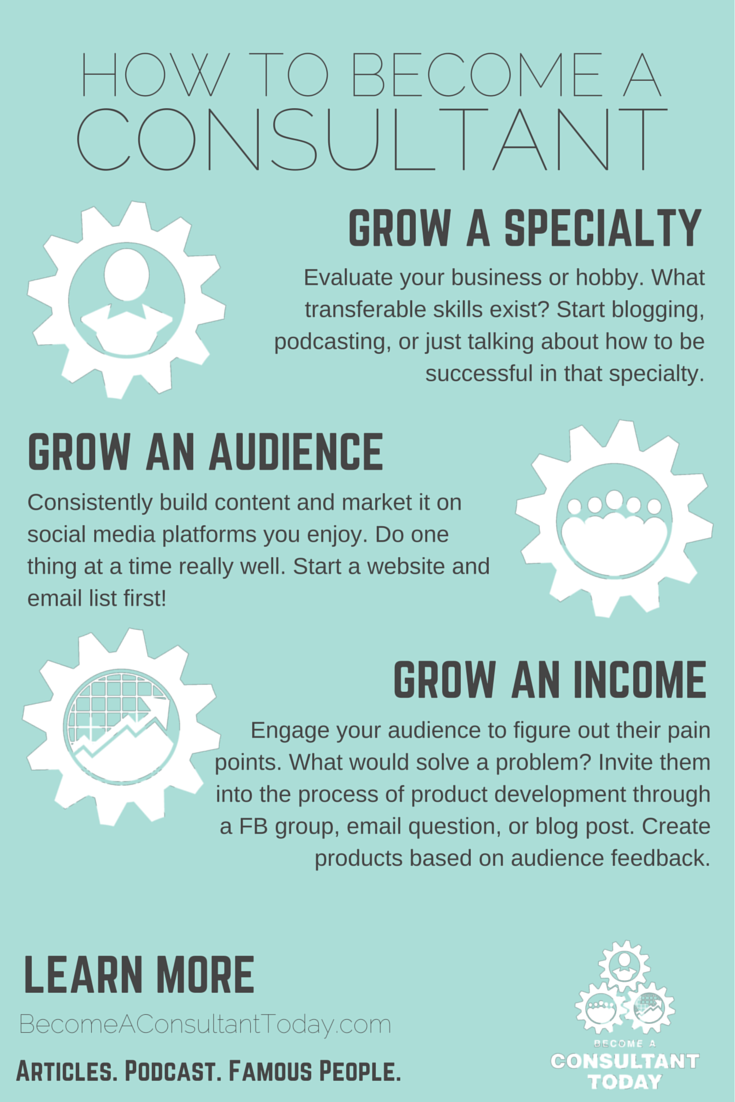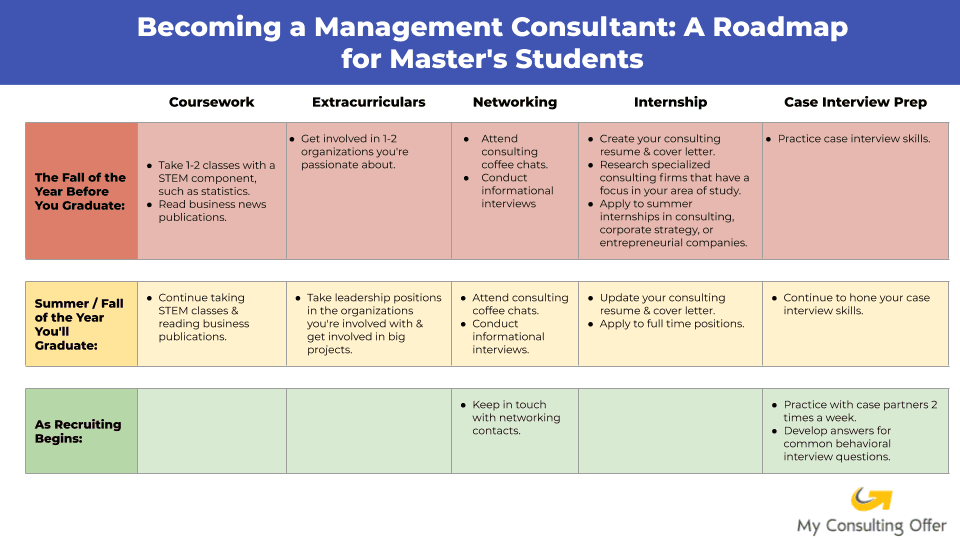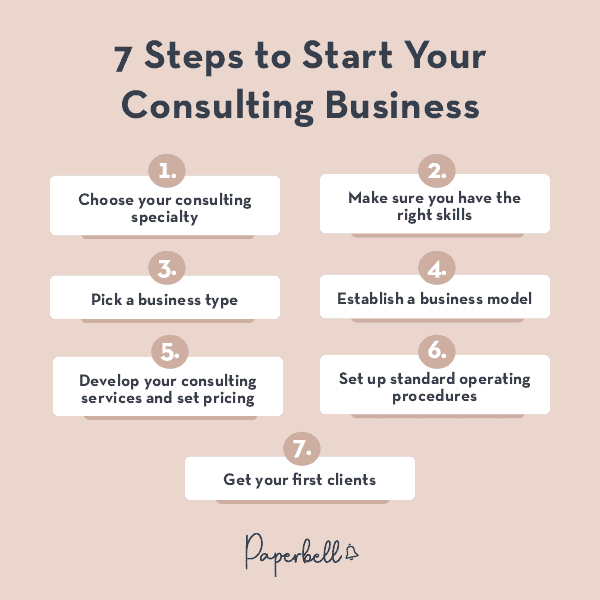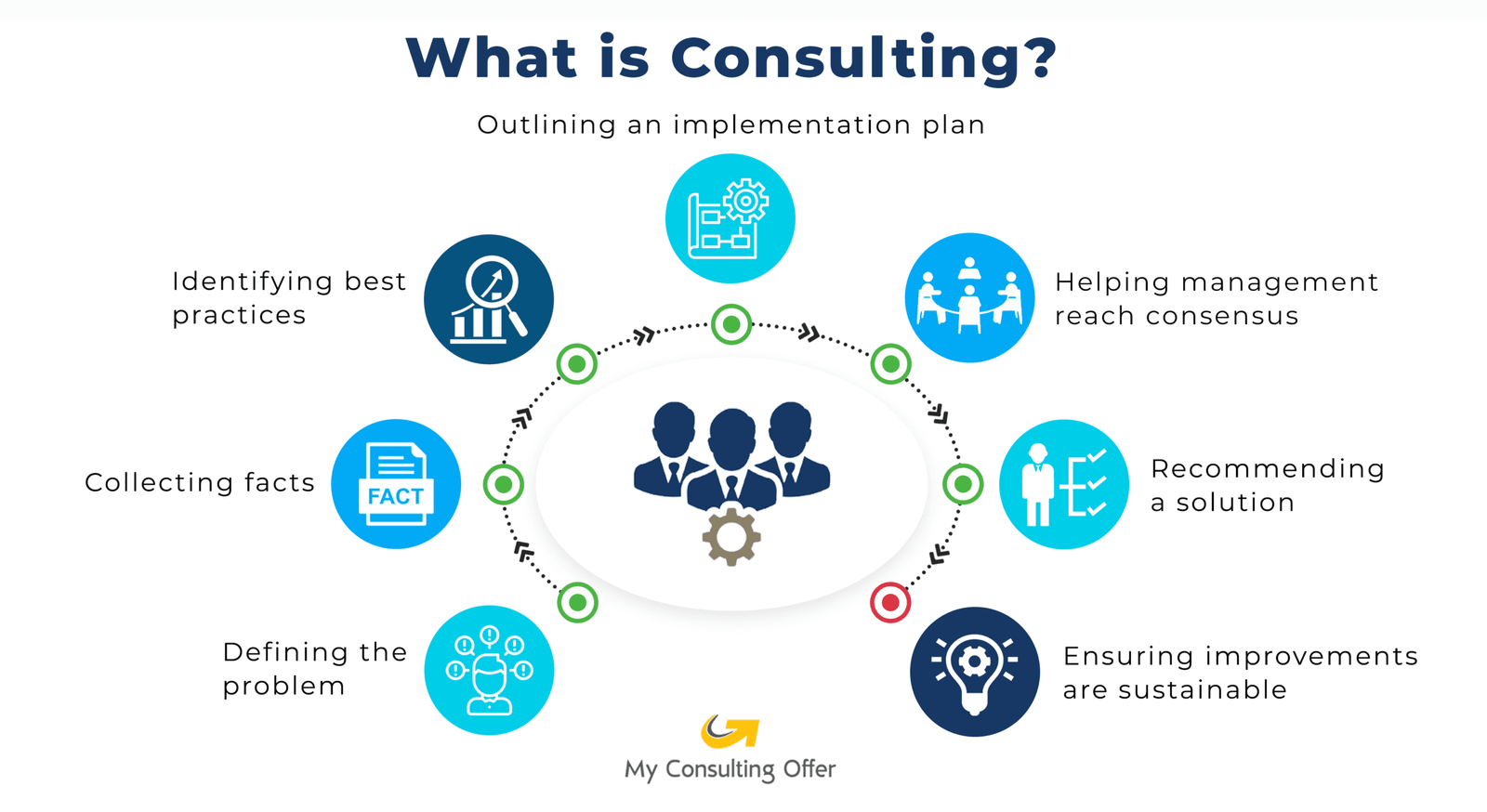Are you a student with dreams of pursuing a career in the USA? If so, one path that may intrigue you is becoming a consultant. As a consultant, you have the opportunity to provide expert advice and guidance to organizations and individuals across various sectors. But how do you embark on this journey? In this article, we’ll explore the steps to becoming a consultant in the USA, offering you valuable insights and tips along the way. So, buckle up and get ready to discover the roadmap towards a successful consulting career.
Steps to Become a Consultant in the USA
If you have always had a knack for problem-solving and providing valuable insights, a career in consulting might be the perfect fit for you. As a consultant, you will have the opportunity to work with a variety of clients across different industries, helping them improve their operations, solve complex challenges, and achieve their goals. To embark on this exciting career journey, there are several steps you can take to increase your chances of success. From researching the consulting industry to obtaining relevant certifications, let’s explore the comprehensive process of becoming a consultant in the USA.

This image is property of practiceofthepractice.com.
Step 1: Research the Consulting Industry
Before diving into the world of consulting, it is crucial to gain a solid understanding of the industry. Start by researching different consulting firms and their areas of expertise. Learn about their clients, projects, and success stories. This will help you identify the types of consulting services that resonate with you and the areas where you can excel.
Additionally, familiarize yourself with the latest trends and challenges in the consulting industry. Stay updated on emerging technologies, new methodologies, and evolving client needs. Join online communities, attend industry conferences, and read relevant publications to stay well-informed. By immersing yourself in the consulting world, you will be better prepared to navigate the career path ahead.
Step 2: Choose a Consulting Specialization
Consulting is a diverse field with numerous specializations. Take the time to explore different areas of consulting and identify the specialization that aligns with your skills, interests, and career goals. Some common consulting domains include management consulting, strategy consulting, IT consulting, human resources consulting, financial consulting, and marketing consulting.
Consider your strengths and expertise as you make this decision. Think about the specific industries or sectors where you excel and where your knowledge can bring maximum value to clients. Choosing a specialization early on will allow you to focus your efforts on developing the necessary skills and expertise required to excel in that area of consulting.

This image is property of cdn-canne.nitrocdn.com.
Step 3: Obtain a Bachelor’s Degree
While a bachelor’s degree is not always a strict requirement to become a consultant, it is highly recommended. Most consulting firms prefer candidates with a strong educational background. Pursue a degree in a relevant field such as business administration, economics, finance, or a field directly related to your chosen consulting specialization.
During your undergraduate studies, take advantage of any opportunities to participate in internships or co-op programs with consulting firms. These experiences will provide you with valuable insights into the consulting industry and boost your chances of landing a consulting role after graduation.
Step 4: Gain Relevant Work Experience
In addition to your formal education, gaining relevant work experience is vital to becoming a consultant. Seek out internships, part-time jobs, or entry-level positions that offer exposure to the consulting industry or your chosen specialization. Look for opportunities that allow you to engage in problem-solving, data analysis, or client management.
Consider joining organizations or clubs related to consulting or your chosen field. Participating in extracurricular activities can help you develop transferable skills such as leadership, teamwork, and communication.

This image is property of paperbell.com.
Step 5: Develop Essential Skills
To succeed as a consultant, you need to develop a set of essential skills that are highly valued in the industry. These skills include critical thinking, problem-solving, analytical reasoning, communication, project management, and presentation skills. Look for opportunities to refine these skills both inside and outside the classroom.
Engage in group projects, case studies, and practical assignments that encourage critical thinking and problem-solving. Develop your analytical skills by learning how to gather and interpret data effectively. Hone your communication and presentation skills by actively seeking opportunities to present your ideas and findings.
Step 6: Consider Obtaining Advanced Education
While a bachelor’s degree is sufficient for many consulting positions, obtaining advanced education such as a master’s degree or an MBA can enhance your prospects in the industry. Advanced degrees provide in-depth knowledge and expertise in specific areas of consulting and can open doors to higher-level positions and more specialized roles.
Research and identify reputable graduate programs that offer concentrations or majors relevant to your consulting specialization. Consider factors such as curriculum, faculty expertise, alumni network, and career placement opportunities. Keep in mind that pursuing advanced education may require a significant investment of time and resources, so carefully weigh the benefits against your long-term career goals.

This image is property of www.myconsultingoffer.org.
Step 7: Obtain Certifications
Certifications can serve as a valuable asset in your journey to become a consultant. They demonstrate your commitment to professional development and validate your expertise in specific areas of consulting. Depending on your chosen specialization, there are various certifications you can pursue.
For example, if you are interested in project management consulting, consider obtaining the Project Management Professional (PMP) certification. If you plan to work in the financial consulting domain, the Certified Management Consultant (CMC) designation could be beneficial. Research the different certification options available in your field of interest and choose those that align with your career goals.
Step 8: Network and Build Professional Relationships
Networking is a crucial aspect of establishing a successful consulting career. Create opportunities to connect with professionals in the consulting industry through events, conferences, professional associations, and online platforms. Attend networking events specifically targeted at consultants and engage in conversations to learn from experienced practitioners.
Consider joining industry-specific groups on platforms like LinkedIn, where you can actively participate in discussions, share insights, and connect with like-minded professionals. Building a strong professional network can lead to valuable mentorship, job opportunities, and a deeper understanding of the consulting profession.

This image is property of www.hubspot.com.
Step 9: Create a Professional Online Presence
In today’s digital age, having a professional online presence is essential for anyone pursuing a career in consulting. Create a compelling and well-crafted LinkedIn profile that highlights your education, relevant experience, skills, certifications, and any notable achievements. Use your LinkedIn profile to showcase your knowledge, contribute to industry discussions, and connect with professionals in the consulting field.
Consider starting a personal blog or website where you can share your thoughts, insights, and expertise on topics relevant to consulting. Regularly update your blog with articles or case studies that demonstrate your analytical and problem-solving abilities. These online platforms serve as a powerful tool to establish your credibility and attract potential employers or clients.
Step 10: Apply for Consulting Positions
Once you have completed the previous nine steps, it’s time to start applying for consulting positions. Research consulting firms that align with your specialization and career goals and explore their job boards or career pages. Tailor your resume and cover letter to highlight your relevant skills, experience, and certifications.
Prepare for interviews by anticipating common consulting interview questions and practicing your responses. Emphasize your problem-solving abilities, analytical skills, and prior experience with successful client engagements.
Remember, becoming a consultant is a journey that requires continuous learning, adaptation, and professional growth. Stay open to new opportunities, seek feedback from mentors and peers, and dedicate yourself to honing your skills and expertise. With perseverance and a passion for making a positive impact, you can build a successful career as a consultant in the USA.